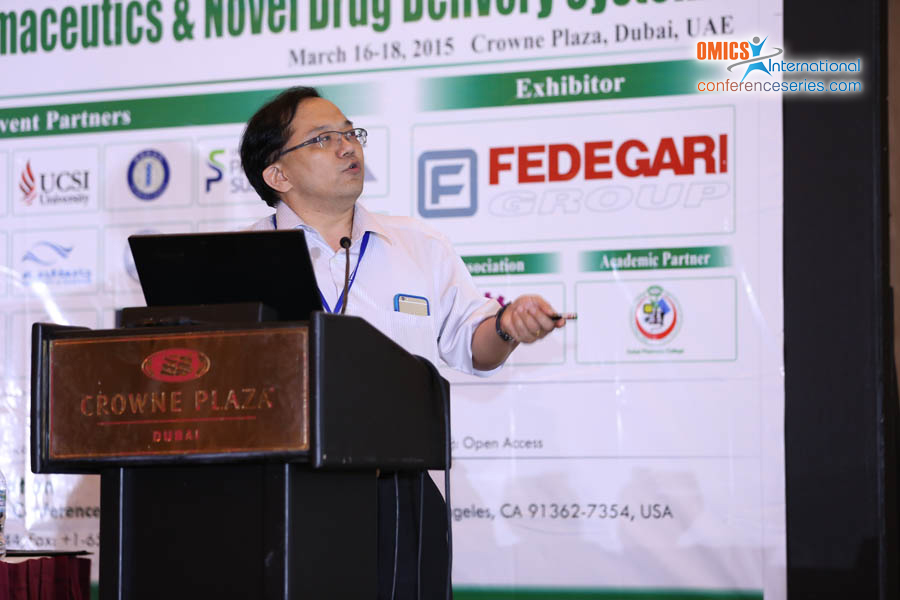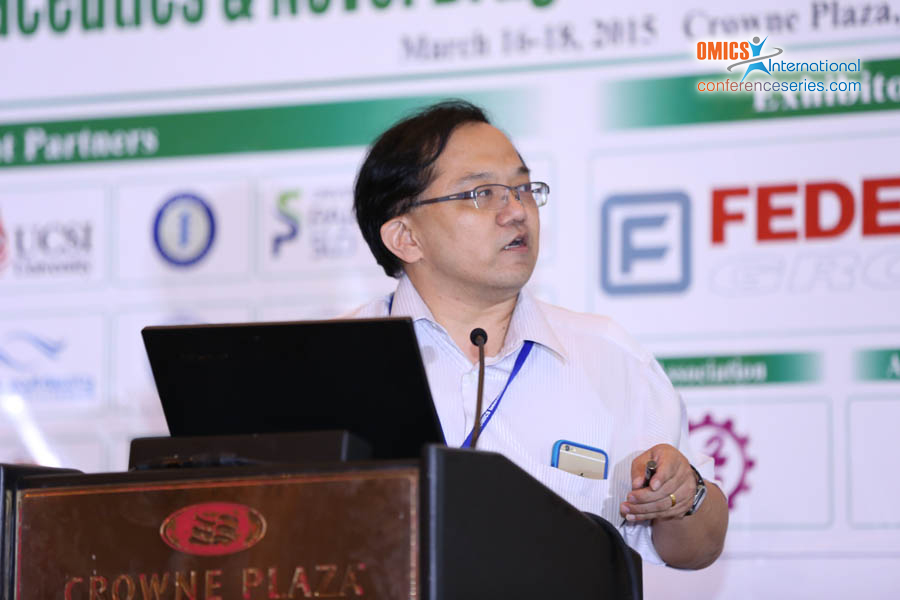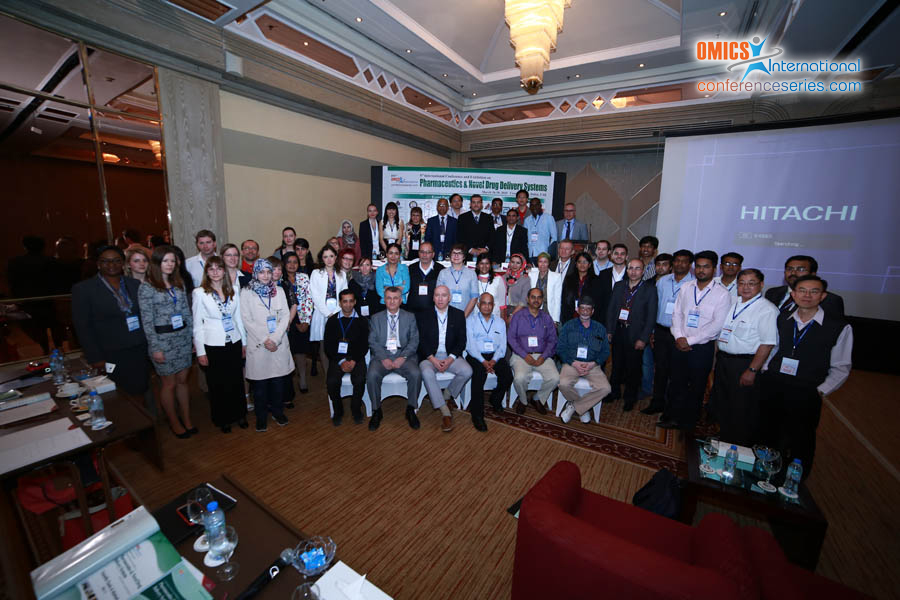
Hsing-Pang Hsieh
National Health Research Institutes, Taiwan
Title: Lead to drug candidate: Novel oral kinase inhibitors in cancer therapy
Biography
Biography: Hsing-Pang Hsieh
Abstract
Aurora kinases A, B, and C, members of sereine/threonine kinase, are key mitotic regulators involved in maintaining the genomic integrity of daughter cells. Because over-expression of Aurora A and Aurora B is frequently associated with tumorigenesis, these molecules have been targeted for cancer therapy. Based on the structural analysis of the known Aurora kinase inhibitors and pharmacophore screening from in-house HTS compound library, we developed BPR1K0871 as the 4th generation of lead compound. BPR1K0871 was identified as a novel multiple target kinase inhibitor that possessed an impressive inhibition activity in Aurora-A kinase (IC50 = 22 nM), FLT-3 kinase (IC50 = 19 nM) and other 17 oncogenic related enzymatic assays in nano molar range. It not only showed potent cell growth inhibitory activity against a panel of various cancer cell lines, but also exhibited highly potent in-vivo efficacy in MOLM-13, MV4;11, MIA-Paca2, AsPC-1 and Hep3B subcutaneously xenografted nude mice models by iv. administration. To further improve the pharmacokinetic properties of BPR1K0871 by utilizing “drug-Like” properties optimization, prodrug, and oral formulation approaches, we identified several potent compounds that display promising oral bioavailability. In particular, BPR1K1201 not only possesses remarkable in vitro potency but also significantly improved pharmacokinetic profiles to achieve high oral bioavailability (~46%). This breakthrough finding has fueled our interest and focuses on identifying orally active anticancer drug.




